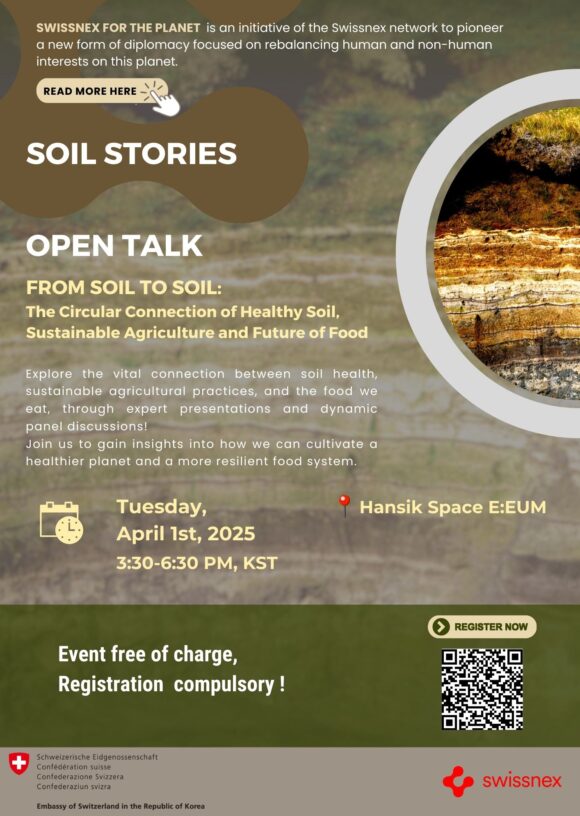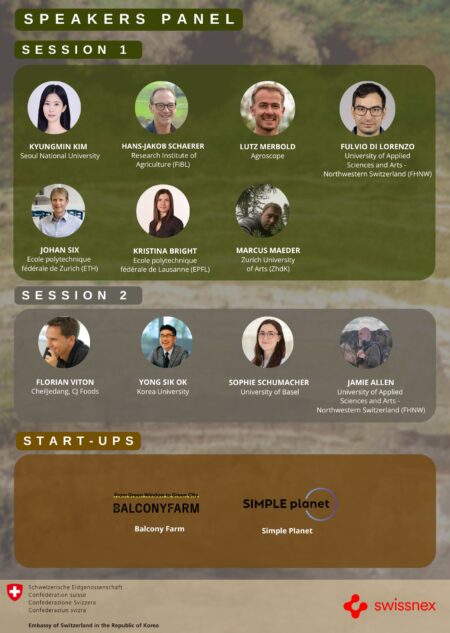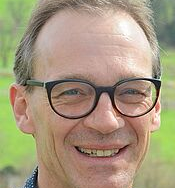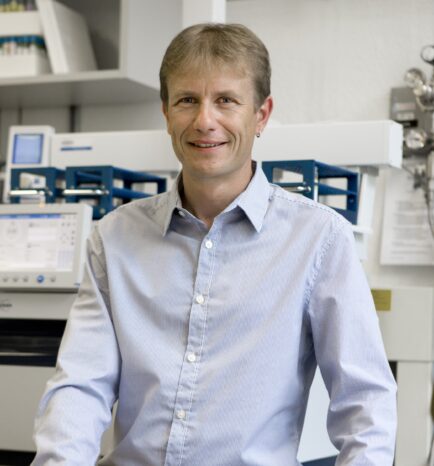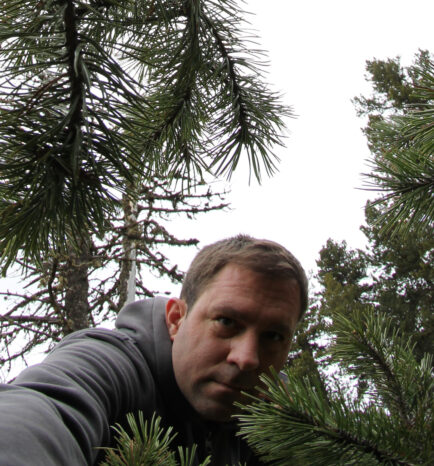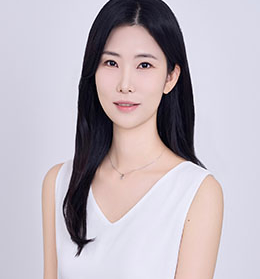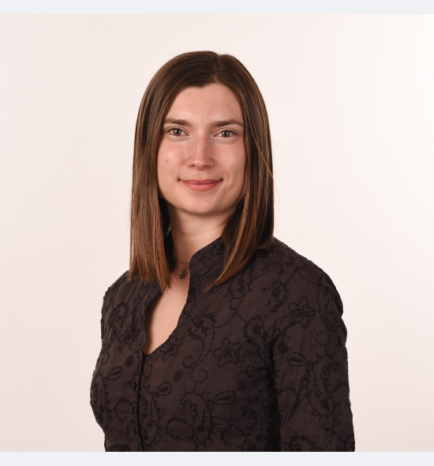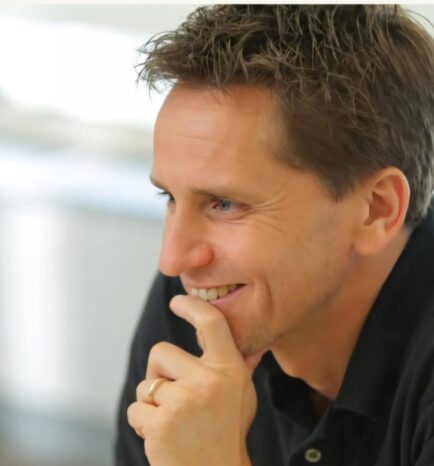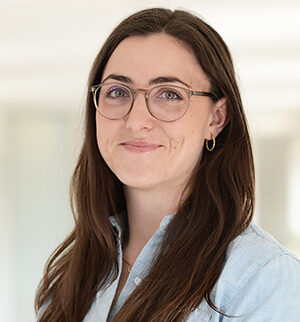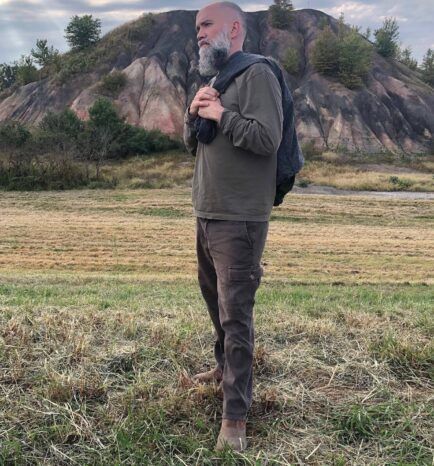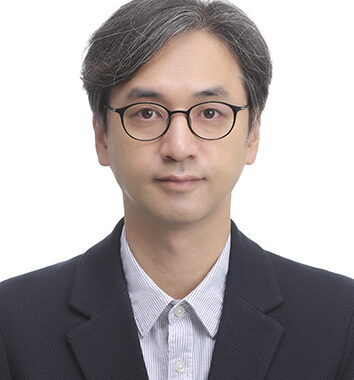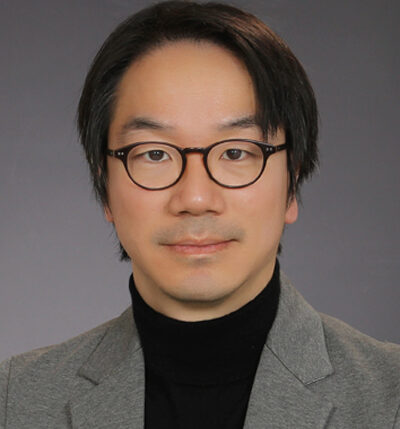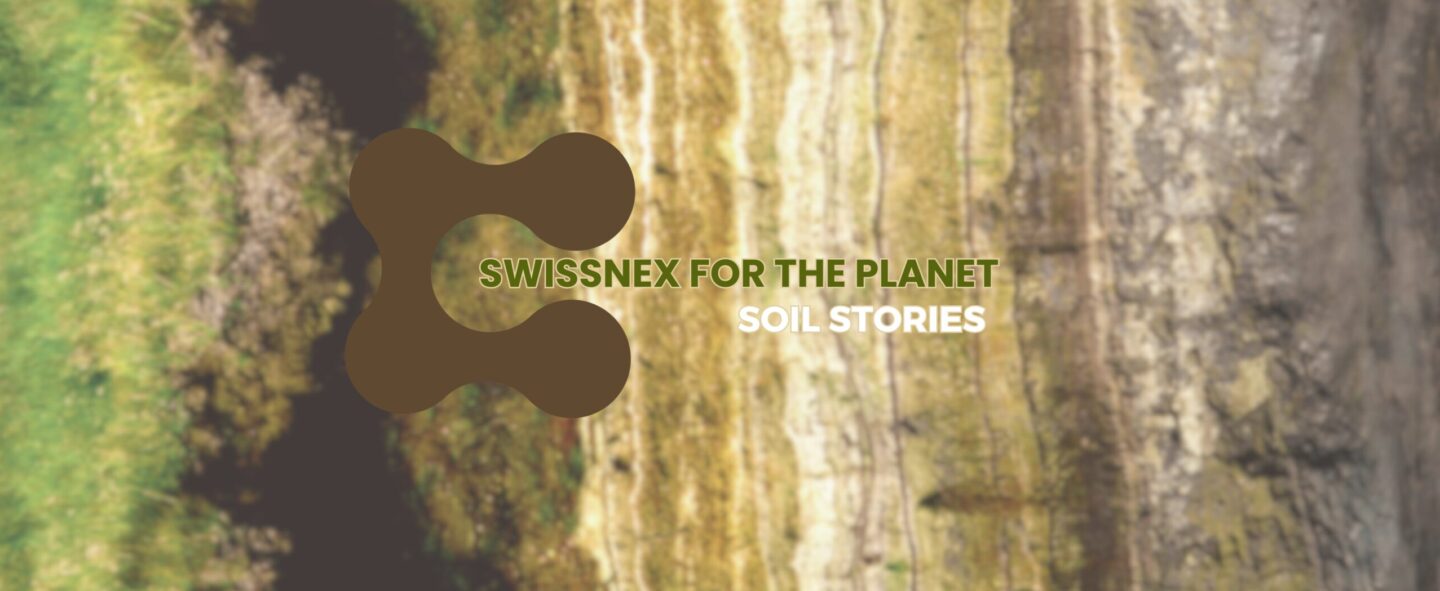
Speakers and Panelists
-
![]()
Bio
Hans-Jacob Schaerer
Research Institute of Organic Agriculture (FiBL)Hans-Jakob Schaerer is an agronomist specialized in integrated pest management, sustainable farming systems, crop protection, and phytopathology. He has been working for more than 20 years in research for organic farming, sustainable soil management and agroecological practices.
-
![]()
Bio
Lutz Merbold
AgroscopeLutz Merbold is a leading expert in Agricultural and Environmental Sciences with over 14 years of experience. He serves as Head of the Strategic Research Division Agroecology and Environment at Agroscope, Switzerland’s center of excellence for agricultural research, where he leads a team of over 200 scientists. His work focuses on developing innovative solutions to key challenges in the agri-food sector, including climate change, biodiversity loss, water protection, soil health, and biosafety.
With a Doctor of Science degree from ETH Zurich, Lutz Merbold has published over 140 peer-reviewed articles on topics such as greenhouse gas emissions, carbon and nitrogen cycles, sustainable agriculture, and ecosystem responses to climate change. He is dedicated to developing robust indicators that support informed decision-making by policymakers, farmers, and researchers, driving sustainable agricultural practices.Committed to bridging research with practice, he works alongside farmers, advisors, and policymakers to apply scientific findings to real-world agricultural challenges, supporting sustainable food systems and environmental health. -
![]()
Bio
Johan Six
ETH ZurichDr. Six received his PhD in Soil Science in 1998 from CSU. He was a Research Scientist at NREL from 1998 until 2002. From 2002 till 2012 he was at UCDavis, first leading a group on Agroecosystems as a Professional Researcher and then a group on Agroecology as Professor. Since 2013, he is the chair of the Sustainable Agroecosystems Group at ETH-Zurich. Dr. Six is a Chancelor’s Fellow of UCDavis, a Fellow of AAAS, a Philippe Duchaufour medallist in Soil Science of EGU, a Distinguished Ecologist of CSU, and on the Highly Cited Researchers list of Clarivate since 2015.
-
![]()
Bio
Marcus Maeder
Zurich University of Arts (ZHdK)Marcus Maeder is an artist, researcher and composer of electronic music. He studied Fine Arts at the Lucerne University of Applied Sciences HSLU, Philosophy at the Fernuniversität in Hagen and completed his PhD in Environmental Systems Science at ETH Zürich. Maeder has worked as an editor and producer for the Swiss radio station SRF and has been working as a researcher and lecturer at the Institute for Computer Music and Sound Technology (ICST) of the Zurich University of the Arts ZHdK since 2005. Maeder is visiting scientist at the Swiss Federal Institute for Forest, Landscape and Snow Research WSL and currently holds a position as Humboldt Research Fellow at Freie Universität Berlin.earchers in an interdisciplinary manner to understand and advance the field.
-
Bio
Fulvio di Lorenzo
University of Applied Sciences and Arts - Northern Switzerland (FHNW)Fulvio Di Lorenzo is an organic chemist, whose research has progressively shifted towards environmental remediation since completing a PhD. He has worked on a range of critical sustainability topics, including CO₂ capture and storage, enhanced silicate weathering, heavy metal decontamination, disposal of nuclear wastes, production of recycled fertilizers and microplastic mobility. Currently, his research efforts at IBRE-FHNW focus on recycled fertilizer production and microplastic mobility, two pressing challenges in sustainable resource management. With a deep background in mineral-water interaction processes, mineral replacement reactions, solid-solution aqueous-solution systems and crystal growth, he is an experimental researcher, who also has recognized skills in geochemical modelling and material charaterization at nano and micro scale.
-
![]()
Bio
Kyungmin Kim
Seoul National UniversityProf. Kyungmin Kim a professor at the Department of Applied Biology and Chemistry and the Department of Agricultural Biotechnology at Seoul National University (SNU). With a broad research focus on sustainable agriculture, soil science, and environmental conservation, she explores key issues such as soil carbon sequestration, greenhouse gas emissions, and soil organic matter. Her work emphasizes the importance of integrating ecological principles into agricultural practices to enhance both sustainability and productivity. She completed her Ph.D. in Crop and Soil Science at Michigan State University in 2021, where her research primarily focused on improving soil carbon storage through various agricultural techniques. Prof. Kim gained valuable professional experience as a postdoctoral associate at Cornell University in the United States. There, she worked in the Soil and Crop Sciences Section of the School of Integrative Plant Science, where her research further delved into soil management and its role in carbon sequestration and greenhouse gas emissions in agricultural systems.
Additionally, she worked as a specialist at FarmHannong Co. Ltd., a leading agricultural company in Seoul, where she contributed to the company’s global development team. -
![]()
Bio
Kristina Bright
Ecole Polytechnique Fédérale de Lausanne (EPFL)Kristina Bright is a doctoral assistant at the Soil Biogeochemistry Laboratory (SOIL) at EPFL, where she investigates the role of microorganisms in shaping the fate of soil organic carbon (SOC) in Swiss Alpine soils. Her research focuses on unraveling these hidden engineers by using advanced techniques such as metagenomics and mediated electrochemistry to examine how microbial communities influence SOC abundance, distribution, and vulnerability—an essential area of study in the context of climate change.
With a background in Biology (BSc), and Microbiology and Immunology (MSc) from ETH Zurich, Kristina Bright combines rigorous scientific inquiry with a growing interest in sustainability and policymaking. Drawing parallels between soil microbiomes and human health, she is particularly fascinated by the role of microbial ecology in ecosystem resilience and its broader implications for environmental solutions. -
![]()
Bio
Florian Viton
CJ FoodsFlorian Viton is the Global Head of Strategic Innovation at Cheil Jedang (CJ), the leading food company in Korea.
He started his career with a PhD in Organic Chemistry from the University of Geneva in Switzerland, and then joined Nestle and the Food Industry in the mid-2000s.
After a 15-year stint with Nestle’s R&D division in Switzerland and Singapore, Florian Viton joined CJ Cheiljedang in early 2021, a decision driven mostly by the appeal of contributing to CJ Cheiljedang’s fast-tracked globalization plan and boosted by an interest in all things Korean. His current role at CJ CheilJedang involves leading innovation beyond our core Food and Beverage portfolio and creating new growth engines for the company. -
![]()
Bio
Sophie Schumacher
University of BaselSophie Schumacher has been Project Manager of Sustainability Programs at the Innovation Office of the University of Basel since 2022. She holds a BSc. in Geosciences from the University of Basel and an MSc. in Organic Agriculture from Wageningen University, with expertise in sustainable agriculture, agroecology, and food systems analysis. At the Innovation Office, Sophie has led programs like H-HEALTH, a sustainable agritech platform to connect soil-, plant-, human and environmental health, and she fosters regenerative solutions for soil, human, and environmental health, and BaselCircular, promoting circular economy innovations across startups, SMEs, and established companies. She has also championed student-driven initiatives, delivering lectures, events, and workshops to empower future innovators and changemakers.
As of 2025, Sophie is focused on building a thriving regional ecosystem for sustainable and regenerative innovation in collaboration with key stakeholders. She is passionate about impact-driven solutions and transformative change. -
![]()
Bio
Jamie Allen
Zurich University of Arts (ZHdK)Jamie Allen is an artist-researcher exploring the intersections of technology, media, and ecological systems, with a focus on how infrastructures shape human and nonhuman life. His work critically examines food systems, agricultural technologies, and metabolic exchanges, addressing how labor, energy, and ecological cycles contribute to the continuation of “civil society.” Jamie collaborates with scientists, policymakers, and artists to explore innovative and equitable approaches to sustainability, integrating creative methods with policy frameworks. His work emphasizes interdisciplinary exchange, public-making, and experimental publishing, engaging diverse communities in rethinking relationships between agriculture, technology, and ecology. Jamie contributes through creative experimentation to international dialogues on food systems, sustainable land use, and agricultural transitions, fostering connections between research, governance, and creative practice to address global environmental challenges.
-
![]()
Bio
Sung-Woo Kim
Balcony FarmSung-Woo Kim is the CEO of Balcony Farm Co., Ltd. and the head of N.E.E.D. Architecture, based in Seoul. He holds a Bachelor and Master of Science in Architecture from Seoul National University and a Master of Architecture from the Berlage Institute in the Netherlands.
He has been working in the field of architectural design and researching high-rise living spaces. As a public architect for the Seoul Metropolitan Government, he has conducted research on Seoul’s historic urban areas. -
![]()
Bio
Sung-Taeg Nam
Balcony FarmSung-Taeg NAM is COO of Balcony Farm, and also Professor at the School of Architecture, Hanyang University (Seoul, South Korea). He holds Bachelor of Architecture from SNU, Korea, Diplome of Master and Architecte DPLG from EAV&T, France, and Ph.D. in EPFL, Switzerland. In 2019, he was a visiting scholar at New York University, The Institute of Fine Arts. The major focus of his research is on the various theories of the Architecture, ranging from Object design (Small) to Urbanscape and Landscape (Large), without any distinction in scale.
